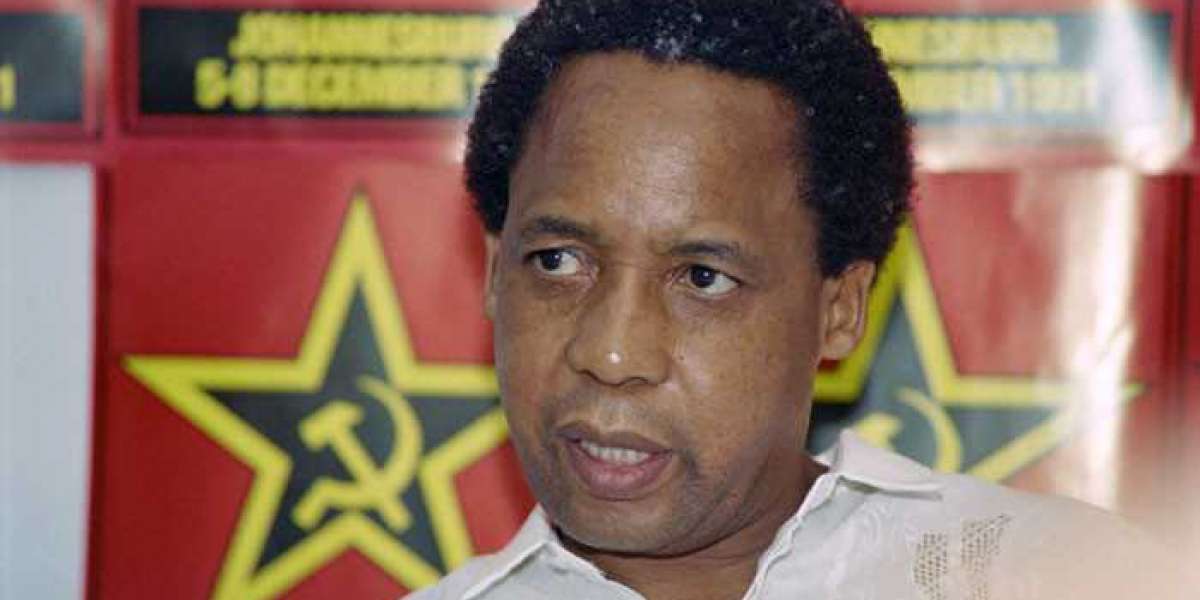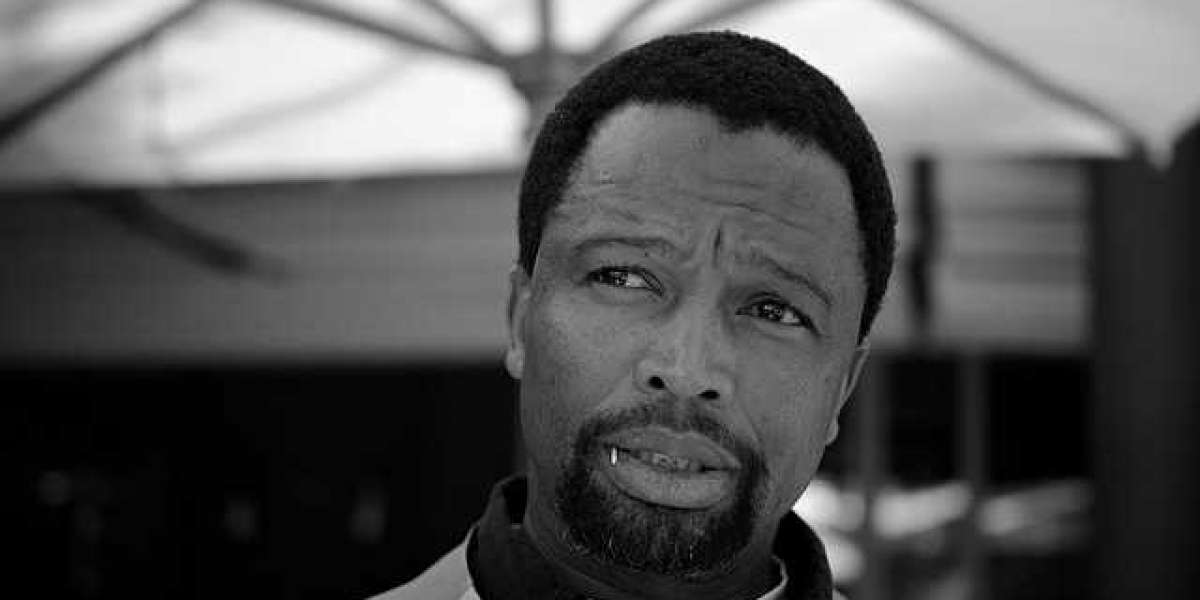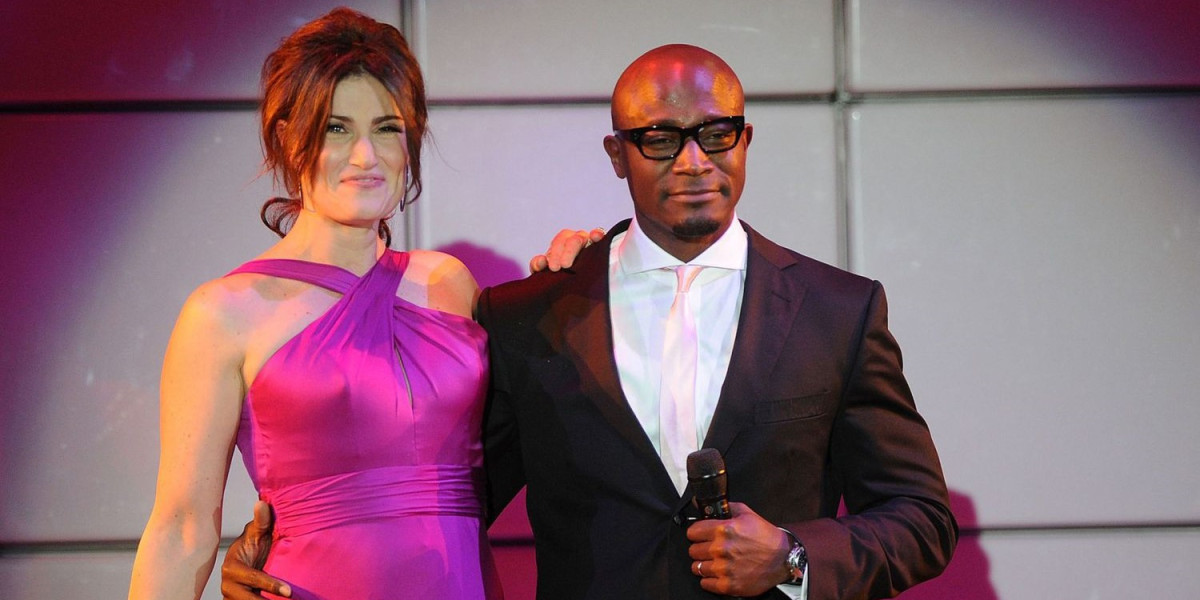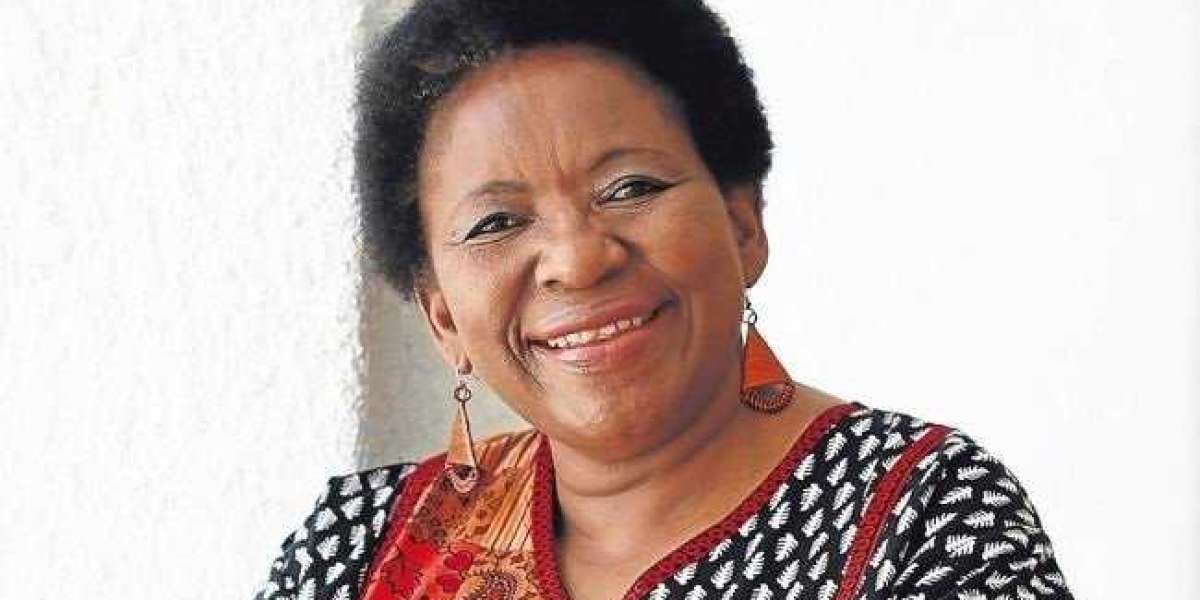The Constitutional Court will have to give justice and correctional services minister Ronald Lamola space and time to decide when it is finally appropriate to release anti-apartheid activist Chris Hani’s killer Janusz Walus on parole. This was the argument that was put forward by the legal counsel of Lamola, the Hani family and the SACP on Tuesday as Walus and his legal team approached the apex court seeking for review and setting aside of the decision by Lamola to deny his application for parole.
The sentence was later commuted to life imprisonment after the abolishment of the death penalty in SA, but his application for parole has been repeatedly rejected by the government. Justice Leona Theron pointed out that Lamola had not given reasons why the positive factors relating to Walus, including rehabilitation and the time he had already served in prison, had been outweighed by the negative ones that included the nature of the crime and the sentencing remarks.
Walus’ lawyer Adv Roelof du Plessis told the ConCourt that there was no hope that Lamola would ever take a decision to allow for Walus to be released as he said the reasons he gave for keeping him in jail would never change. Lamola had pointed out that the 1993 sentencing remarks that described Walus’ heinous actions and nature of the crime he committed meant that releasing him “would negate the severity that the court sought when sentencing him”. Du Plessis called on the apex court to order the release of Walus as Lamola was afraid of releasing him because of the political fallout it would create.
Representing Hani’s wife and the SACP, Adv Muzi Sikhakhane pointed out that the court could not appropriate Lamola’s role to decide on the parole as the reasons given for the refusal were valid. He said Walus had not only sought to kill Hani but deliberately threatened the country’s democratic breakthrough and that he remained a “potent symbol of political violence”. “The nature of this crime is such that it cannot be looked as a murder of a person.
This was a murder of a person who symbolised what the future held and, without the political leadership of this country that stopped the emotions from rising up, this court would not seat today,” Sikhakhane said. Sikhakhane said Lamola had to be allowed to analyse the nature of the crime and the circumstances of the crime and make his decision on whether it was appropriate to set him free. Justice David Unterhalter reiterated that an imposition of a life sentence without a possibility of a parole would result in “cruel, unusual and unconstitutional punishment”.
“Is he not entitled to know when that point is reached?” Unterhalter asked. Lamola’s lawyer, Adv Marumo Moerane, said: “All I can say in response is that, he will know when he is released on parole.” Unterhalter said: “To leave somebody in a situation when they never know, from one application to the next, whether retribution has now been served, is actually a form of cruel and unusual punishment because your answer is ‘you will know when you know’. Isn’t that irrational?” Unterhalter asked.
The judgment is reserved.








